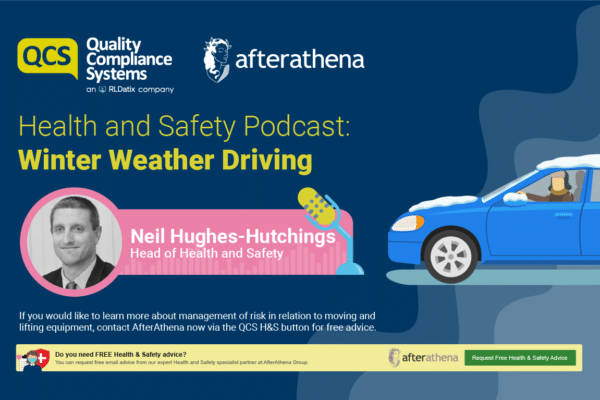 So you think it`s safe to go back in the water? Once an inspection visit is over there is a temptation to relax, to let standards slip and stop trying over the next two years. There should be a commitment from all of us to continue raising the bar on standards and to protect the safety, health and dignity of our patients. However, if we need a reminder it is in the form of QRPs or Quality and Risk Profiles .
So you think it`s safe to go back in the water? Once an inspection visit is over there is a temptation to relax, to let standards slip and stop trying over the next two years. There should be a commitment from all of us to continue raising the bar on standards and to protect the safety, health and dignity of our patients. However, if we need a reminder it is in the form of QRPs or Quality and Risk Profiles .
The CQC is developing quality and risk profiles for every location registered with them. Once you are registered, they continue to monitor how you are meeting standards and the QRPs help them do this. They draw in data from a number of sources which they then analyse to identify areas where a provider may not be meeting standards.
They do this by producing a set of ‘risk estimates’, one for each of the 16 essential standards. they can then respond with front-line regulatory action such as scheduling further inspections or making targeted enquiries. QRPs, themselves, do not produce judgements about whether a provider is meeting the standards. Inspectors make these judgements and they use the QRPs as a starting point for their enquiries. The CQC will be harvesting data from a number of sources to build up a continuously changing profile for all practices. Organisations asked for information and the type of data accessed include –
- the GP patient survey
- the GMC’s trainee survey
- the Quality and Outcomes Framework
- hospital episode statistics
- the Information Governance Toolkit
Other types of data that they intend to use in the first version of QRPs for primary medical services include local information on practices’ training status as well as comments received directly by the CQC from patients and users. They will also receive reports from the NHS Litigation Authority and national clinical audit datasets. However, priority will be give to information from people using services through NHS Choices and feedback from Local Involvement Networks (LINks).
This is quite a comprehensive bundle of statistics about your practice and I don`t think it will be possible to shout `Unfair`! On the other hand, local, geographical or demographical anomalies may affect a profile and make it stand out, inviting closer scrutiny. It would be advisable to have a deeper understanding of your own profile in order to answer any questions. This is possible by registering for access to your individual QRP on the CQC website.






